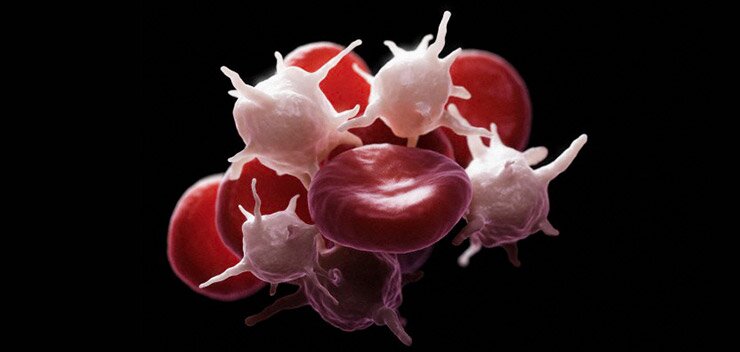In Vitro Production of Platelets from Human Umbilical Cord Blood Derived Hematopoietic Stem Cells (hUC-HSCs)

Chemotherapy, radiation therapy, immune disorders and other haematological malignancies wipe out platelets from circulation that are important in blood clotting. Traditionally, bone marrow transplantation and platelet concentrates via blood transfusions are used to replace the lost cells, but the challenge lies with acute shortage of donor. With bone marrow transplants, apart from being succumbed while waiting for an ideal match, the harvest from a donor is a painful and risky procedure; with possible anaesthetic complications and high incidence and severity of Graft Versus Host Disease (GVHD).
Given the demand to circumvent some of the problems and risks of platelet concentrate transfusions such as; untimely delay due to donor deferral/unavailability, shorter shelf life, non-haemolytic transfusion reactions and alloimmunization, there is an emerging impetus to the quest for a reliable source of platelets. Umbilical cord blood which is usually discarded as a medical waste after birth might prove to be a promising source of blood forming stem cells and India has a great potential for UCB banking due to high birth rates and genetic diversity and hence having a national relevance.
The “Stem Cell Biology” team at Genelon is directed towards finding a potential method to produce platelets from Umbilical Cord Blood Derived Hematopoietic Stem Cells (UCB-HSCs). We also optimise culture conditions and develop ex vivo expansion strategies to amplify the HSCs and short-term repopulating progenitor cells in vitro, that allow generation of clinically significant number of cells from the limited number of cells present in the available samples. This is relevant in making umbilical cord blood transplantation (UCBT) available to more patients, decreasing the engraftment times and allowing rapid immune reconstitution post-transplant.


